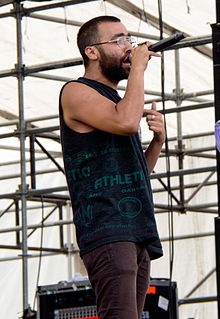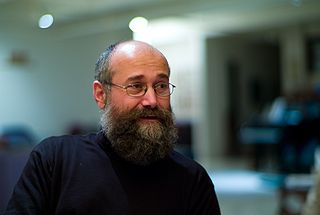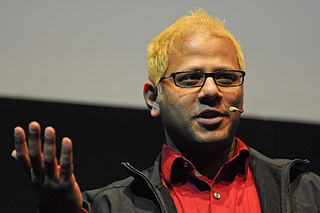Цитата Гленна Гринвальда
Независимо от используемых конкретных методов, исторически массовое наблюдение имело несколько постоянных характеристик. Первоначально именно диссиденты и маргиналы страны всегда несут основную тяжесть слежки, в результате чего те, кто поддерживает правительство или просто апатичны, ошибочно полагают, что они невосприимчивы. И история показывает, что самого по себе существования аппарата массовой слежки, независимо от того, как он используется, достаточно, чтобы подавить инакомыслие. Граждане, которые осознают, что за ними всегда наблюдают, быстро становятся уступчивыми и боязливыми.
Темы цитат
Всегда
апатичный
Аппарат
Атрибуты
Осознанный
Медведь
становится
верящим
Главный удар
Гражданство Постоянное
инакомыслие
в
стране
Существование
диссидентов
Страшное правительство
Имело
историческую
историю
Как
иммунитет
Первоначально
вовлек
себя
Лидер
маргинализированной
массы
Материя
Просто
очень
быстро
Несмотря
на
самодостаточность
Несколько
шоу
Конкретное
удушение
Достаточная
поддержка
Методы
наблюдения Используемые смотрели
Связанные цитаты
Кто-то недавно говорил о массовой слежке и разоблачениях АНБ как о атомном моменте для ученых-компьютерщиков. Атомная бомба была моральным моментом для физиков. Массовая слежка — это тот самый момент для компьютерщиков, когда они осознают, что производимые ими вещи могут быть использованы во вред огромному количеству людей.
Когда у нас в какой-то стране происходят ужасные террористические акты, мы видим в следующей записи, что разведывательное сообщество заранее знало об этих людях. Мы знаем, что эти страны участвовали в премиальных обменах разведданными, что они извлекали выгоду из массовой слежки, и все же они не остановили атаки. Но в то же время мы сразу же видим, как сотрудники разведки бегут к газетам и заявляют, что нам нужно больше слежки, что нам нужно больше вмешательства, что нам нужно больше затрат сил, потому что это могло бы остановить нападение.
Многие из наших союзных государств не имеют этих конституционных гарантий — в Великобритании, Новой Зеландии, Австралии. Они потеряли право быть свободными от необоснованного обыска и выемки без уважительной причины. Все эти страны после этих разоблачений слежки поспешили принять законы, которые, по сути, были написаны Агентством национальной безопасности, чтобы обеспечить массовую слежку без судебного надзора, без всех стандартных сдержек и противовесов, которые можно было бы ожидать.


























